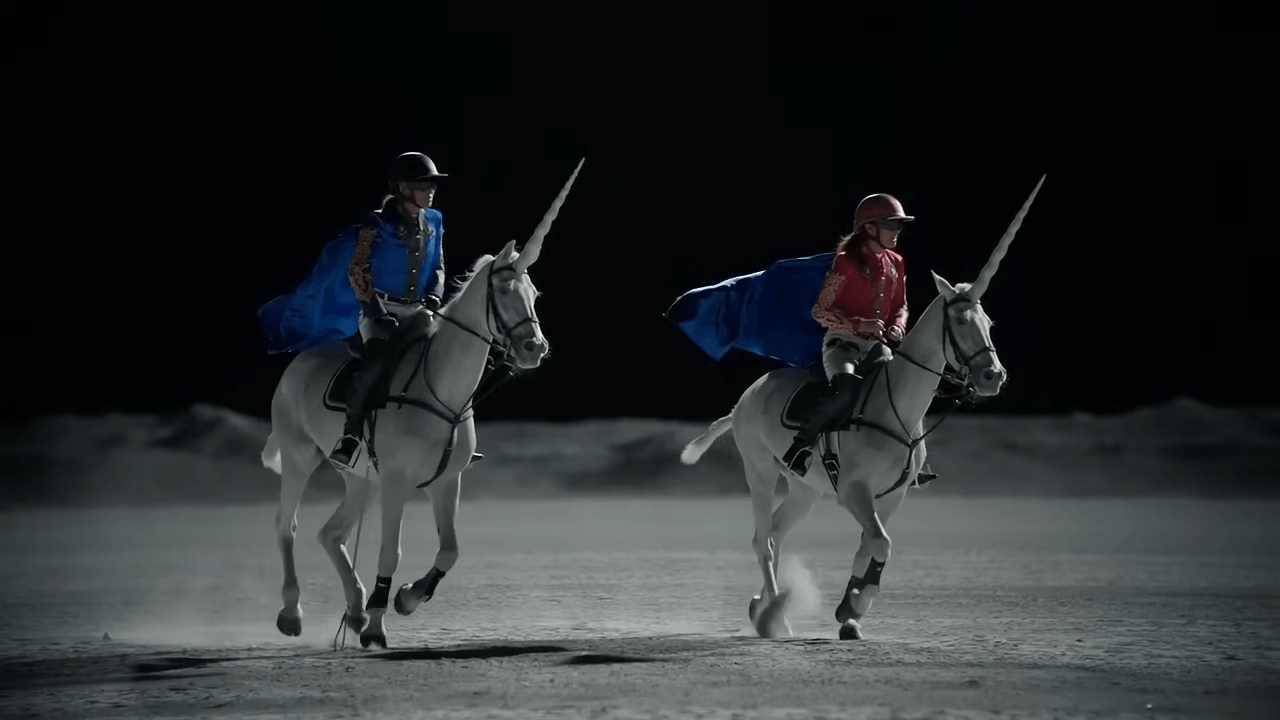Sora 2 Android app launches in more countries, introduces paid generations

Update –
- Added Android launch
- Added demo video for what OpenAI calls physics understanding.
Update from November 4, 2025:
OpenAI has launched the Sora app for Android in the US, Canada, Japan, South Korea, Taiwan, Thailand, and Vietnam. The app is still free, but OpenAI says the service is "completely unsustainable" and has already started rolling out paid generations. Free generations will be reduced over time.
In addition to the original cameo tool, which lets users appear in videos, Sora now includes a character cameo feature that lets users add specific characters to their clips. OpenAI also plans to let rights holders sell content through the platform.
Original article from October 1, 2025:
OpenAI unveils Sora 2 video model with realistic physics, high-quality audio, and a new social app
OpenAI's new Sora 2 model pushes AI video closer to the mainstream, adding more realistic physics, better control, and, for the first time, high-quality audio. The launch also includes a Sora iOS app built for sharing AI-generated videos with friends.
Inside OpenAI, Sora 2 is seen as a serious upgrade. The original model was their "GPT-1 moment" for video - an early proof of concept with clear limits. Sora 2, on the other hand, is what the team calls the "GPT-3.5 moment" for generative video, hitting the point where the tech feels usable, much like the jump language models made a few years ago.
There’s still no official word on technical specs like resolution or maximum video length, but sample clips look like they run at 720p and 30 FPS, lasting about five to ten seconds.
Sora 2’s big leap is in simulating complex physical processes. OpenAI says the model can handle things like paddleboard backflips with realistic buoyancy or gymnastic stunts that actually look right.
Earlier video models often glitched or warped moving objects. Sora 2, by comparison, can show a basketball bouncing off the backboard if it misses, which OpenAI points to as evidence of better physical reasoning. In the long run, OpenAI sees Sora 2 as a step toward general world simulators for physically interactive AI.
Although the basketball player's movement is physically inaccurate, the ball rebounds correctly off the backboard. OpenAI sees this as evidence that, despite occasional errors, the video model demonstrates an understanding of physics. | Video: OpenAI
Control, Consistency, and Sound
Sora 2 can follow complex, multi-step instructions across several scenes without losing track of what's happening, according to OpenAI. It handles a range of visual styles - from photorealistic to cinematic to anime - and now, for the first time, generates believable background noise, speech, and sound effects. Like Google's Veo 3, Sora 2 aims to keep visuals and audio in sync.
A new feature lets users put themselves into the videos they generate. By recording their voice and appearance once, people can make "cameos" that show up in any scene, with their look and voice carried over. Animals and objects can be added too. The demo video includes a cameo from OpenAI CEO Sam Altman.
OpenAI says users always control their own cameos. Only people you authorize can use your cameo, and you can see every video - including drafts - where your cameo appears. You can revoke access or delete your cameo whenever you want.
Extra protections are in place for minors, including stricter controls, reduced visibility, and default safety limits. Deepfakes of public figures are technically possible, but OpenAI says these are blocked unless the person opts in.
Sora App with Social Features
Sora 2 is rolling out through a new iOS app where users can create videos, remix other people's content, and browse a personalized feed. The app is launching by invitation in the US and Canada, with plans to expand to more countries soon. At first, Sora 2 will be free to use, with what OpenAI calls "generous limits."
The feed highlights videos from people you interact with and clips that have strong remix potential. Recommendations are powered by OpenAI's language models and can be tweaked using text prompts.
OpenAI says they're "not optimizing for time spent in feed," and built the app to encourage creation over mindless scrolling. The company even published its own "Feed philosophy", promising to stick to these principles as the app evolves. Meta is also working on a similar AI-generated video feed.
Sora.com still requires an invite code to access the upgraded Sora 2 Pro model with "higher quality" videos, and OpenAI says an API is on the way. More demos can be seen in the Sora 2 announcement livestream.
AI News Without the Hype – Curated by Humans
As a THE DECODER subscriber, you get ad-free reading, our weekly AI newsletter, the exclusive "AI Radar" Frontier Report 6× per year, access to comments, and our complete archive.
Subscribe nowAI news without the hype
Curated by humans.
- Over 20 percent launch discount.
- Read without distractions – no Google ads.
- Access to comments and community discussions.
- Weekly AI newsletter.
- 6 times a year: “AI Radar” – deep dives on key AI topics.
- Up to 25 % off on KI Pro online events.
- Access to our full ten-year archive.
- Get the latest AI news from The Decoder.